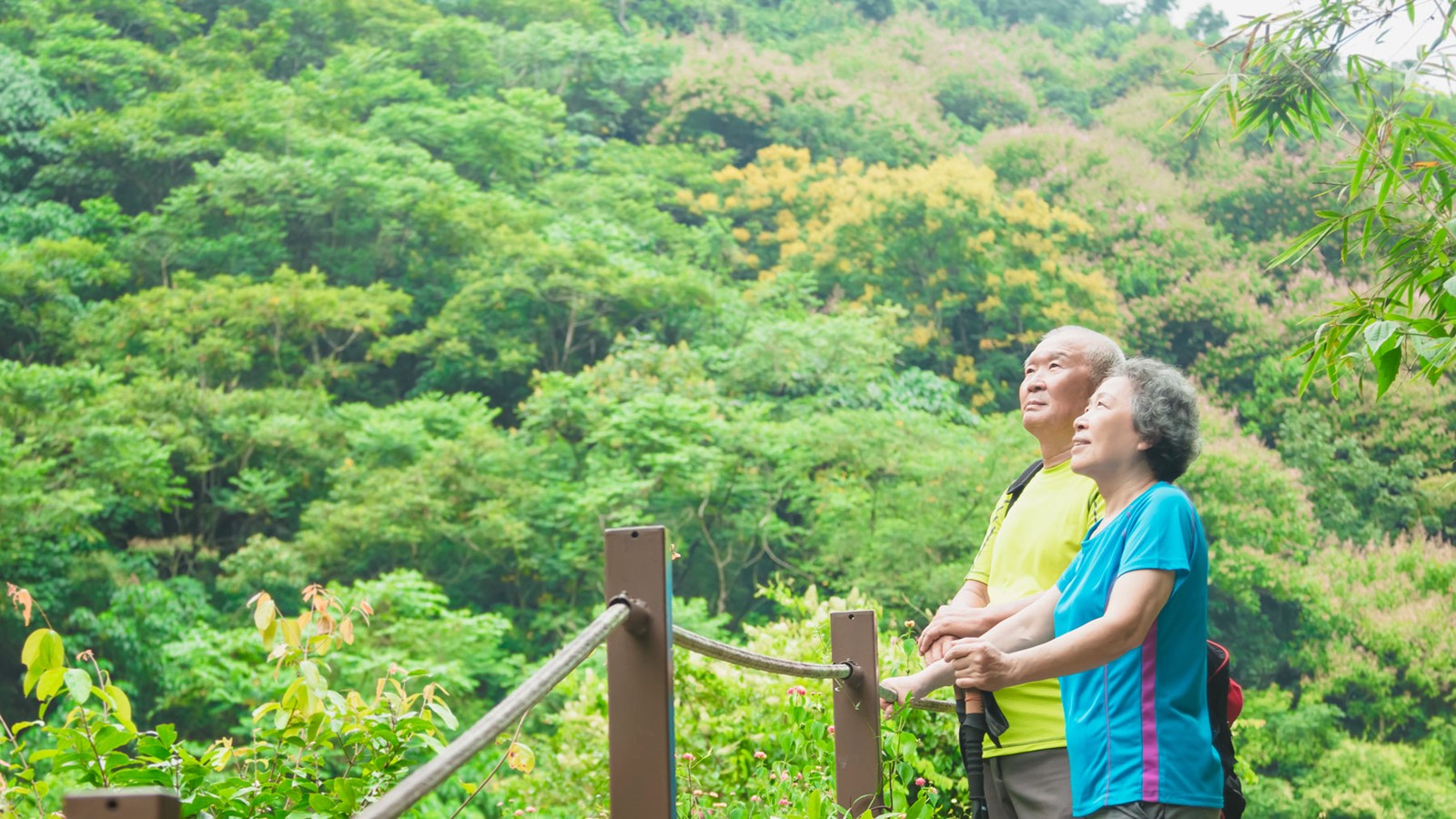Some concern about our health is normal. It can encourage us to lead a healthier lifestyle, eat a good diet and take regular exercise. But for some people that concern can be difficult.
The worry that a pain in the chest is a heart issue, a scratch in the throat could be cancer or the fear that health professionals and medical tests missed something.
What is health anxiety?
“Health anxiety or illness anxiety happens when a person interprets physical symptoms in their body as a sign of disease,” says our member Lisa Gates.
“Or when a person experiences an exceptional amount of worry they may develop a serious illness although symptoms may not actually be happening.
“Rather than the symptoms causing pain, it's actually the anxiety causing a stressful situation for the person.”
What are the triggers?
"Health anxiety can affect anyone and start at any age but often happens in middle age or as an older adult," says Lisa.
There can be a range of triggers such as experiencing abuse, a close friend or family member with a serious health condition or having an illness in the past.
Lisa adds: “People with personalities that are prone to worry, rumination or struggle to cope with stress can also be vulnerable.
“Although this condition tends to be long term it can come and go in severity. Mental, emotional and physical strain can intensify it.”
What are the symptoms or signs?
You may have health anxiety if you’re constantly worrying about your health and regularly check yourself for signs of illness.
Other signs can include compulsively searching for health-related topics online or in the media, worrying that health professionals or medical tests missed something, or seeking regular reassurance you’re not ill.
Lisa says: “Symptoms of health anxiety tend to be disruptive and debilitating to normal functioning in life.
“Signs include avoidance of places that may exacerbate health risks and an inordinate amount of time spent on health-associated checking of the body.
“The person may contact a doctor repeatedly for reassurance, or not feel comforted by medical test results that don’t provide evidence of illness.
“Sometimes the person may actively avoid seeking out confirmation by a doctor that would dismiss the existence of an illness."
How to cope with or manage health anxiety
"Calming and relaxation techniques are an important part of coping with any form of anxiety and should be practiced regularly", says Lisa.
“Firstly, these techniques interrupt and break the habit of the worry”, she says. “Secondly, they feel good and calm the nervous system.
“Understanding what soothes is the first step. It might be a simple activity such as doing something creative, having a bath or reading a book.
“The use of repeated mantras, positive affirmations and mental, physical or sensory grounding techniques, such as counting how many coloured objects you can see, listening to a favourite song or mindfully exploring a favourite object can also distract the mind from rumination about the body, and promote relaxation and a more hopeful mindset.”
How counselling can help with health anxiety
A counsellor or psychotherapist working with health anxiety can help you explore what you’re experiencing, why you feel as you do and how it’s affecting your life.
“They will investigate how avoidance, body checking and searching for reassurance impacts them,” says Lisa. “And help them to understand that the more this happens the more intimidating and frightening the anxiety becomes, leading to an inability to cope and a lack of self-belief in the body’s ability to heal itself.
“As the main problem with health anxiety is that the person believes they have or might have a serious illness, a therapist can help the person to learn to challenge unhelpful and distressing thoughts and behaviours and to find a more rational or balanced point of view.
“The counsellor will help the person to look at the facts and attempt to weaken the power of the belief,” she adds.
If you have any comments or would like to share your story, please email us at communications@bacp.co.uk
More about health anxiety...
Find out more...

What is counselling?
Find out how counselling works, what therapists do and what happens in a therapy session.

Therapist Directory
How to use our online therapist directory to search for a counsellor or psychotherapist by location, services or specialisms

Get help for someone else
How to offer support and where to get advice.
